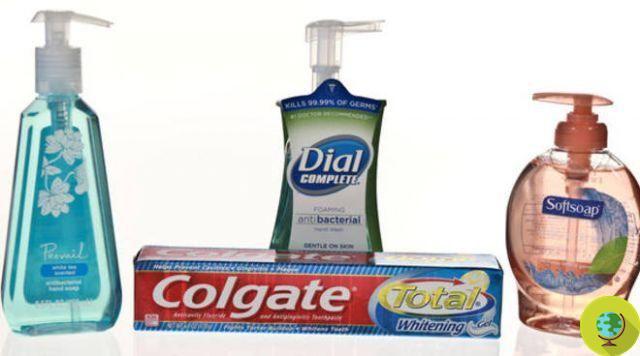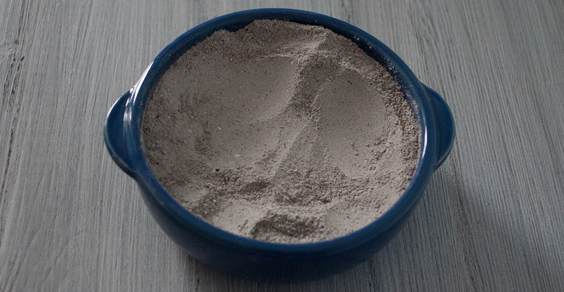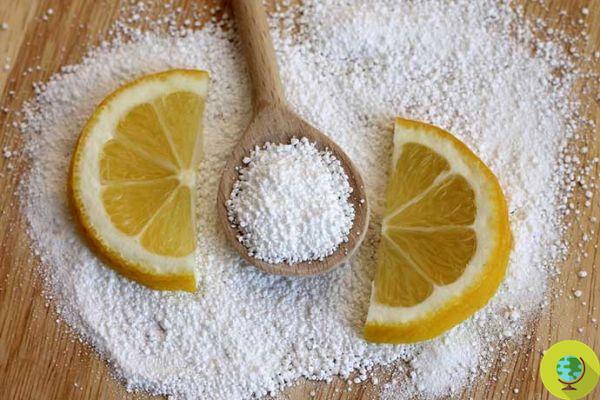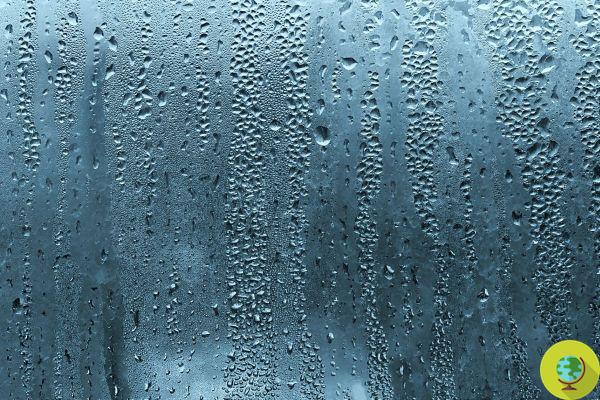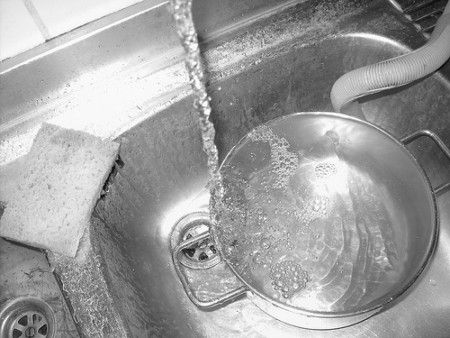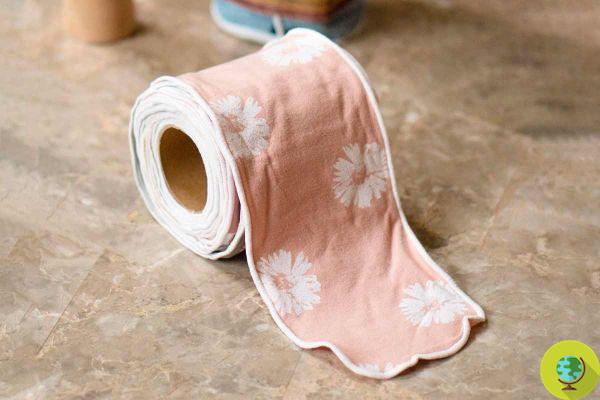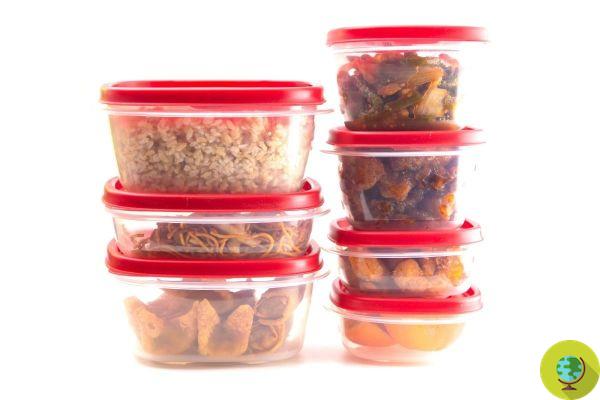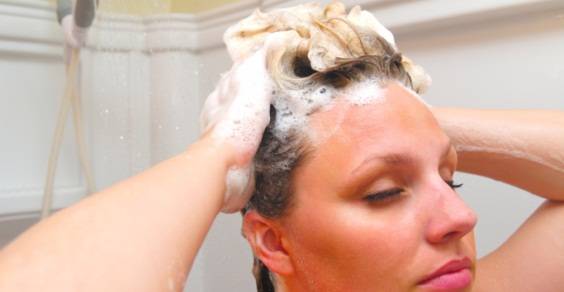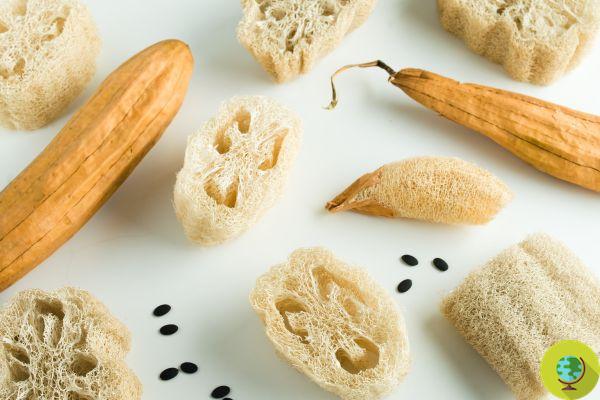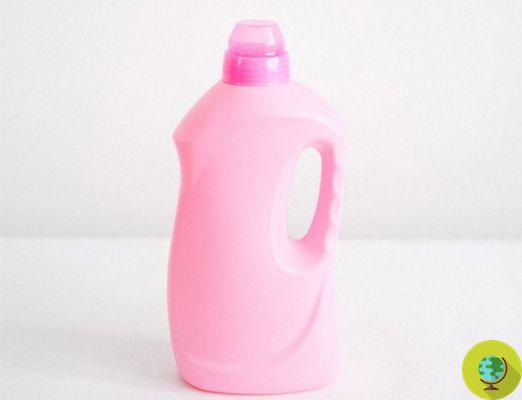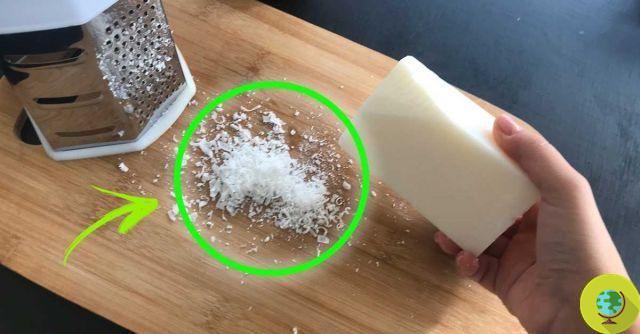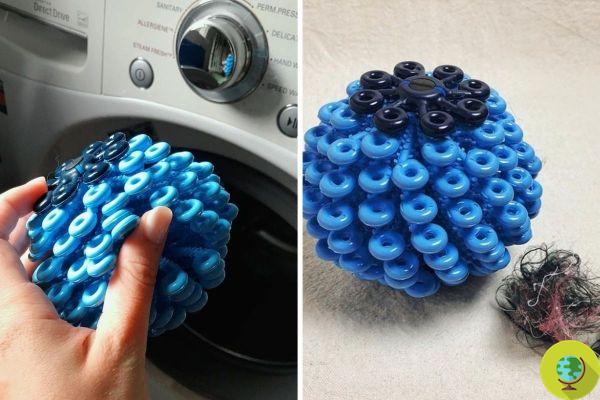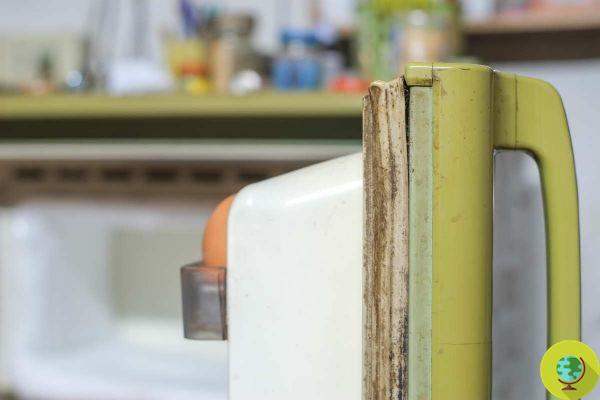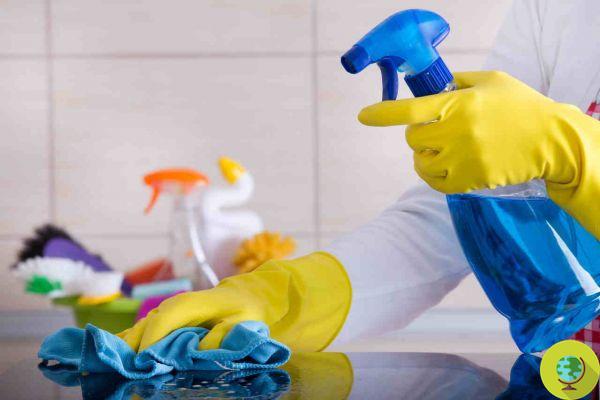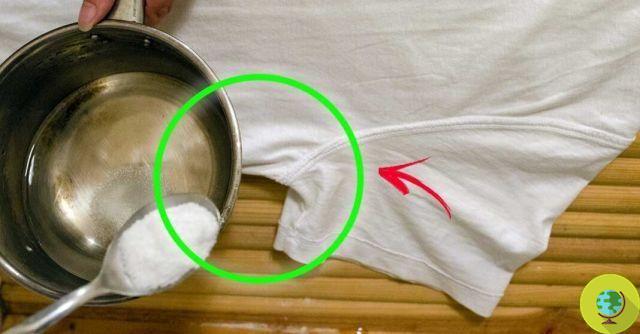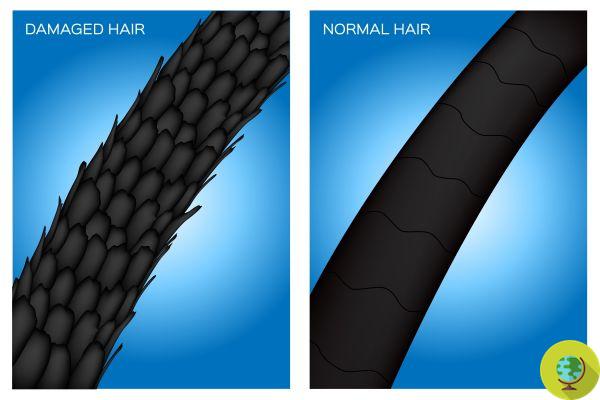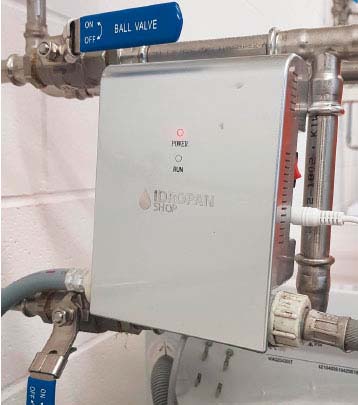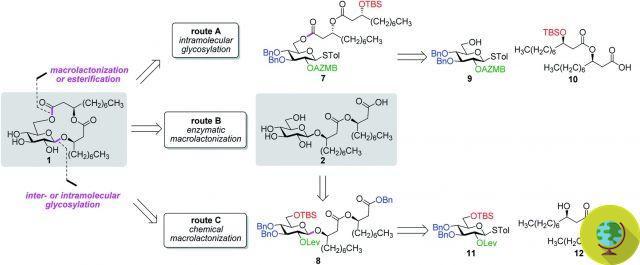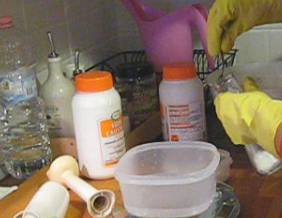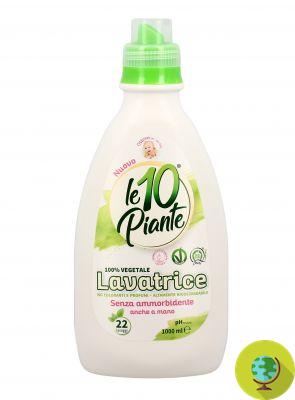
Is using fabric softener harmful to health? Let's try to clarify the information that has been circulating on the web in recent days, creating a lot of alarmism. First of all we want to ask ourselves if using fabric softener is really necessary or if we can do without it without problems.
He is about to end up run over, his mother saves him
Use thesoftener harms the health? Let's try to clarify the information that has been circulating on the web in recent days, creating a lot of alarmism. First of all we want to ask ourselves if using fabric softener is really necessary or if we can do without it without problems.
Sometimes who uses the fabric softener he does it simply out of habit. In fact, over the years advertising has continually proposed it as an indispensable product for laundry. In fact, if we are already satisfied with the softness of clothes, sheets and towels using only detergent, we do not need to add fabric softener.
Alternatives to the common fabric softener
On the other hand, those who think they cannot do without fabric softener can still easily find some alternative. First we would like to mention that not all fabric softeners are the same. The common supermarket softeners are now joined by ecological softeners with a good INCI, more respectful of health and the environment than conventional softeners (Thu find a list of ecological softeners recommended).
The most comfortable and ecological alternative to any type of fabric softener is thecitric acid. For prepare a single dose of fabric softener to use for your laundry just dissolve 10 to 15 grams of citric acid powder in 100 ml of water and pour it all into the softener compartment of your washing machine. This way you will have an effective and ecological fabric softener available in a few seconds.
Some people replace fabric softener withvinegar. However, not everyone agrees with this practice since citric acid is much more ecological than vinegar and because it is feared that vinegar could ruin the washing machine (Thu more information on using citric acid instead of vinegar).
Recall, instead, that the bicarbonate (really portentous for other uses in house cleaning) does not perform the same function as fabric softener and cannot replace it in the washing machine or in hand washing. It's all a matter of chemistry: read here.
Softener and health
Conventional fabric softeners may contain polluting and allergenic substances. People who stop using fabric softener sometimes make this decision because they realize they are sensitive to its use. For example those who are allergic to synthetic fragrances you may experience problems with itching and redness of the skin due to the fabric softener. Conventional fabric softeners risk accumulating on fabrics, creating a sort of patina that can bring allergenic substances into contact with the skin more easily.
Furthermore, from the point of view of the result of our laundry, it can happen that the continuous use of fabric softeners makes the almost waterproof fabrics due to the patina that can be created on their surface. This could reduce the effectiveness of the detergent but the extent of the phenomenon still depends on the composition of the softener itself.
Some ecological softeners, for example, do not contain petrolatum, thickeners, dyes and synthetic fragrances in respect of both our skin and the Planet and are formulated not to act by sticking to the fibers of the fabrics as well as to guarantee the reduction of environmental impact and toxicity. for aquatic animals.
However, it remains true that some people may be particularly sensitive to the use of softener due to some ingredients contained in the product to which they have experienced allergic reactions. In this case you can do without the softener or, if necessary, choose an alternative such as citric acid.
The fact remains that the common softeners available in the supermarket they may contain substances that are hostile to the skin and the environment. She pointed this out Altroconsumo in an in-depth study of November 2015 dedicated to the use of fabric softener.
Altroconsumo focuses on the fact that softeners do not always guarantee the fragrance and softness effects promised by advertising and highlights that many perfumes and preservatives are allergenic which can cause skin irritation, above all because - as the softener is added to the last rinse - they remain in the tissues and therefore can more easily come into contact with our skin.
According to Altroconsumo, an average of € 56 per year is spent on fabric softener, a product that you can easily do without, both because it is not always effective and because in its conventional version it is not very respectful of our health and the environment. Altroconsumo also suggests citric acid as an ecological substitute for fabric softener.
Do you usually use fabric softener, do you do without it or do you choose alternatives? Have you encountered any health problems related to the use of fabric softener?
Marta Albè
Read also:
Softeners: 10 truly ecological products with a good INCI
Citric acid: how to use it and why to prefer it to vinegar in cleaning
You can stop ironing: advantages and advice




